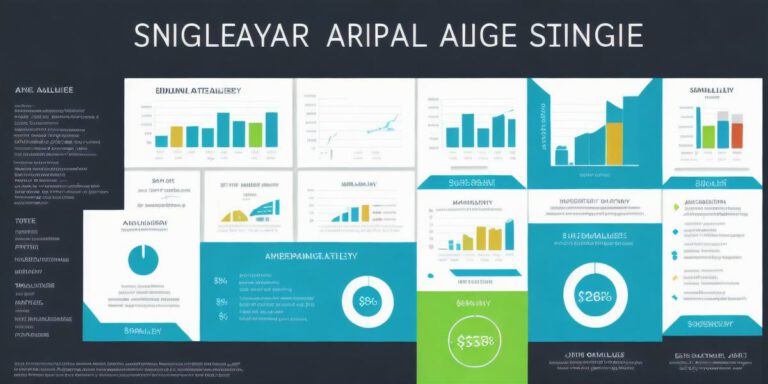Introduction:
Engineering is a highly sought-after profession with a wide range of job opportunities and high salaries. Whether you are just starting your career or looking to switch to an engineering role, it can be difficult to understand the earning potential for engineers. In this article, we will provide a comprehensive guide to understanding the salary ranges for different types of engineers, including factors that affect salaries and tips for negotiating salaries.
Factors Affecting Engineers’ Salaries:
There are several factors that can affect an engineer’s salary, including location, experience level, education, and industry. Let’s take a closer look at each of these factors.
- Location: The cost of living varies significantly from one location to another, and this can impact an engineer’s salary. Engineers in major cities like New York or San Francisco tend to earn higher salaries than those in smaller towns or rural areas. Additionally, some states have higher average salaries for engineers than others, such as California and Texas.
- Experience level: As with any profession, experience plays a crucial role in determining an engineer’s salary. Entry-level engineers can expect to earn less than more experienced colleagues. However, the salary gap between entry-level and experienced engineers is not as significant as it once was.
- Education: Higher education levels can lead to higher salaries for engineers. Those with a bachelor’s degree in engineering typically earn more than those with only an associate’s degree. Additionally, engineers with advanced degrees like a master’s or doctoral degree may earn even higher salaries.
- Industry: The industry in which an engineer works can also impact their salary. For example, engineers working in the technology sector tend to earn higher salaries than those in the construction industry.
Tips for Negotiating Engineers’ Salaries:
When negotiating your salary as an engineer, it’s important to be prepared and knowledgeable about market rates for your position. Here are some tips to help you succeed in salary negotiations.
- Research market rates: Before entering into salary negotiations, research the average salary range for your position in your area. This will give you a better understanding of what you should expect to earn.
- Consider non-monetary benefits: In addition to salary, consider other benefits like health insurance, retirement plans, and flexible work arrangements when negotiating your contract.
- Be confident and professional: When negotiating your salary, be confident in your skills and experience. Dress professionally and approach the conversation with a clear understanding of what you want and need.
- Listen actively to your employer’s response: During negotiations, listen actively to your employer’s responses and be prepared to compromise. Negotiations are a two-way street, and both parties should work together to find a solution that works for everyone.
Real-Life Examples:
Let’s take a look at some real-life examples of engineers’ salaries to give you a better idea of what you can expect to earn in your field.
- Software Engineer: A software engineer working in San Francisco can expect to earn an average salary of $120,000 per year. However, this salary can vary depending on factors like experience level and the specific company they work for.
- Civil Engineer: A civil engineer working in a major city like New York can expect to earn an average salary of $95,000 per year. However, salaries can vary based on the type of project the engineer is working on.
- Mechanical Engineer: A mechanical engineer working in Texas can expect to earn an average salary of $80,000 per year. However, salaries can vary based on factors like experience level and the specific company they work for.
Conclusion:
Engineering is a highly rewarding profession with a wide range of job opportunities and high salaries. By understanding the factors that affect engineers’ salaries and tips for negotiating salaries, you can better prepare yourself for salary negotiations and make an informed decision about your career path. Remember to research market rates, consider non-monetary benefits, be confident and professional, and listen actively to your employer’s response when negotiating your salary.







+ There are no comments
Add yours